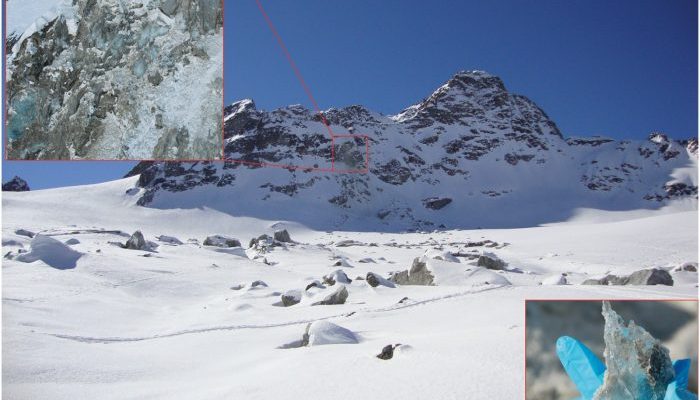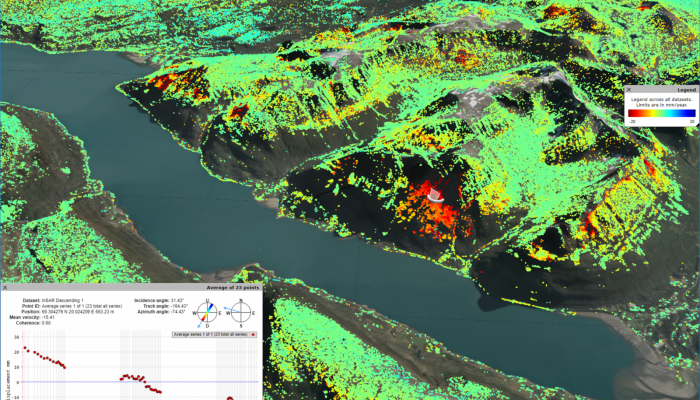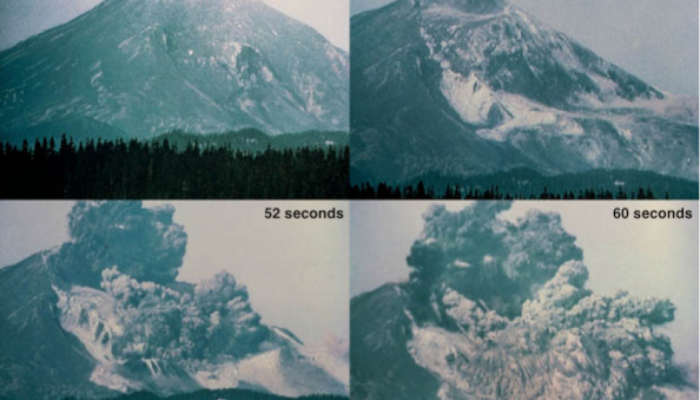The past 18th May marked 39 years since one of the most emblematic volcanic eruptions in historic times: the 1980 Mt St Helens explosive eruption. With a death toll of 57 victims, it is the deadliest volcanic event in U.S. history. If that wasn’t enough, it also destroyed hundreds of houses and roads. When we think about explosive volcanic eruptions what commonly comes in our minds about the possi ...[Read More]
Alpine rock instability events and mountain permafrost

Rockfalls, rock slides and rock avalanches in high mountains The terms rockfall, rock avalanche and rockslide are often used interchangeably. Different authors have proposed definitions based on volume thresholds, but the establishment of fixed boundaries can be tricky. Rockfall can be defined as the detachment of a mass of rock from a steep rock-wall, along discontinuities and/or through rock bri ...[Read More]
InSAR Norway: the big eye on Norwegian unstable rock slopes

Marie Keiding is a researcher in the Geohazard and Earth Observation team at the Geological Survey of Norway. Together with her colleague, John Dehls, who is leading the project, she works to develop and operate the new mapping service called InSAR Norway. Before we start, let’s briefly describe what is InSAR. First, the Synthetic Aperture Radar (SAR) is a day and night operational imaging system ...[Read More]
#EGU19 program is ready! Are you ready for it?
#EGU19 program is ready! Are you ready for it? The next EGU’s General Assembly is taking place in one week! We bet you already started planning your program for the week, that Natural Hazard (NH) sessions are included, and, especially if you are an Early Career Scientist (ECS), you have found many sessions and courses targeting your specific needs and interests. What fits more to you ...[Read More]


